Tokyo, officially the Tokyo Metropolis (東京都, Tōkyō-to), is the capital of Japan and the most populous city in the world, with a population of over 14 million. Located on the island of Honshu, Tokyo is a major political, economic, cultural, and financial center for both Japan and the world. The city is known for its modern skyline, electronic districts like Akihabara, historic sites like the Imperial Palace and Asakusa Temple, and its numerous parks and gardens. Tokyo also hosts world-renowned events, such as the 2020 Olympics. The city is a mix of tradition and modernity, with ancient temples and shrines standing alongside cutting-edge skyscrapers and shopping centers.
Geography and Layout
Tokyo is situated in the Kanto region on the southeastern side of Japan's main island, Honshu. The city is bordered by Tokyo Bay to the southeast, which opens up to the Pacific Ocean. The city's landscape is a blend of densely populated urban areas and serene natural spots. Tokyo also encompasses numerous outlying islands, extending its reach into the Pacific.
History
Tokyo's history is rich and complex. Originally a small fishing village named Edo, it became a prominent political center in the early 17th century when Tokugawa Ieyasu established his shogunate there. The city's importance grew, and it became the de facto capital of Japan, although Kyoto remained the official capital. In 1868, with the Meiji Restoration, Edo was renamed Tokyo ("Eastern Capital") and became the official capital of Japan. Tokyo has seen significant development and modernization since then, although it faced major destruction during the Great Kanto Earthquake in 1923 and World War II bombings.
Life
Tokyo is a hub of Japanese culture, blending traditional elements with modern aspects. It's home to ancient temples and shrines, traditional tea houses, and public baths (onsen). Simultaneously, it's a city that embraces modernity, evident in its fashion, technology, and contemporary art. Districts like Harajuku are known for youth fashion and culture, while areas like Roppongi are famous for nightlife and entertainment.
Economy
Tokyo is one of the world's leading economic centers. It hosts the headquarters of numerous multinational corporations and banks, making it a major hub for business and finance. The Tokyo Stock Exchange is one of the largest stock exchanges in the world by market capitalization.
Transportation
The city boasts one of the most sophisticated and efficient public transportation systems globally, including an extensive network of trains, subways, and buses. The famous Shinkansen (bullet train) connects Tokyo with other major cities in Japan.
Cuisine
Tokyo's culinary scene is renowned worldwide. It offers a vast array of food choices, from traditional Japanese dishes like sushi and ramen to international cuisine. Tokyo has the highest number of Michelin-starred restaurants in the world, showcasing its culinary excellence.
Tourism and Landmarks
Tokyo attracts millions of tourists annually. Key attractions include the Tokyo Tower, the Senso-ji Temple in Asakusa, the Meiji Shrine, the bustling crossing at Shibuya, and the luxury shopping districts of Ginza. The city's blend of history, culture, and modernity makes it a unique destination.
Challenges
Like many major cities, Tokyo faces challenges such as overcrowding, environmental issues, and the need for sustainable urban development. The city is also located in an earthquake-prone zone, necessitating advanced disaster preparedness and infrastructure resilience.



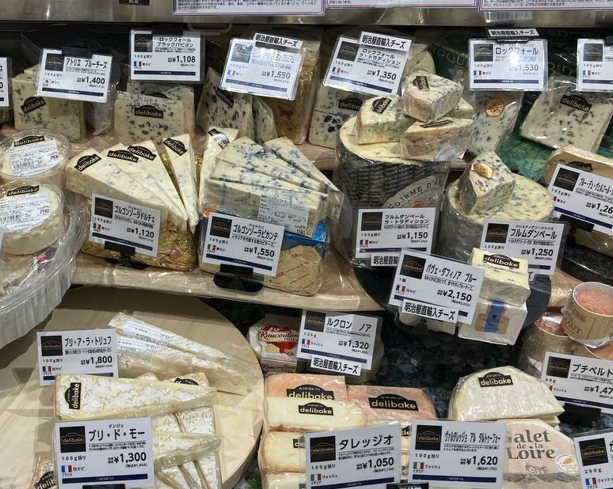
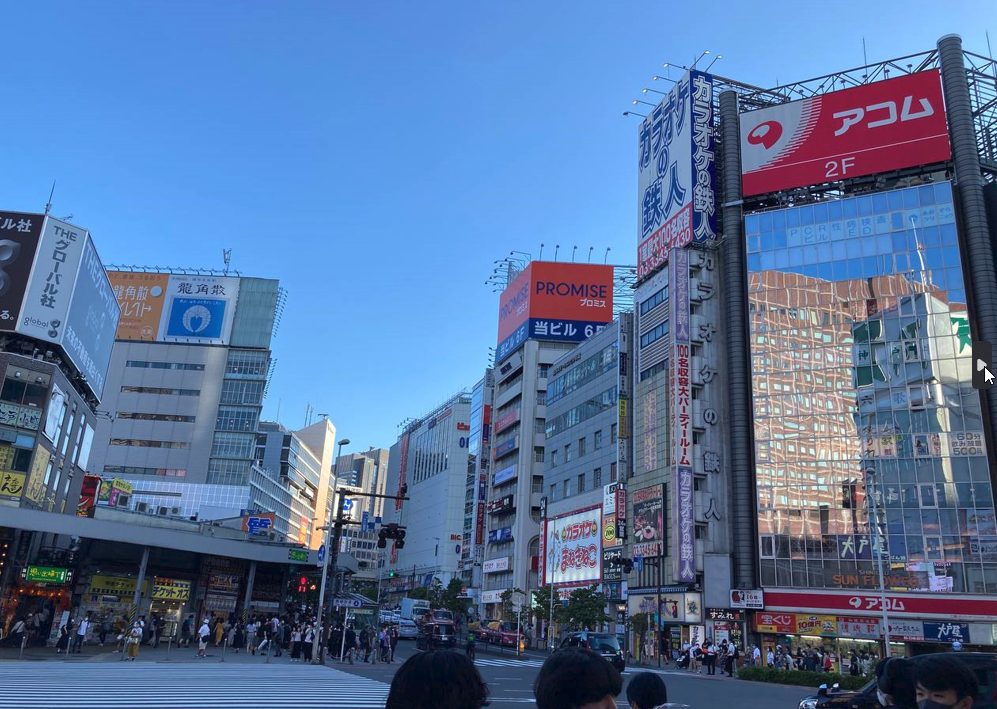

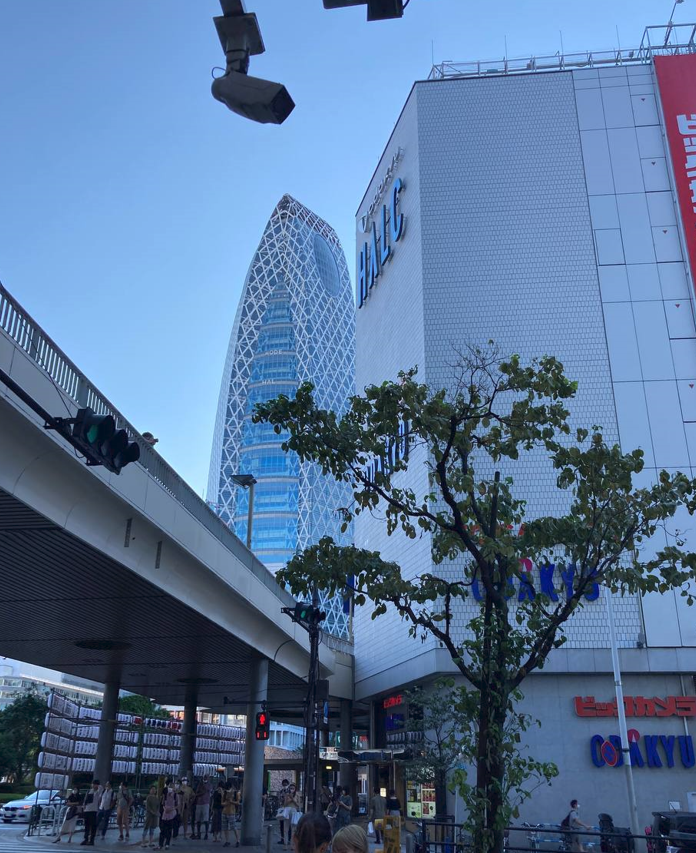
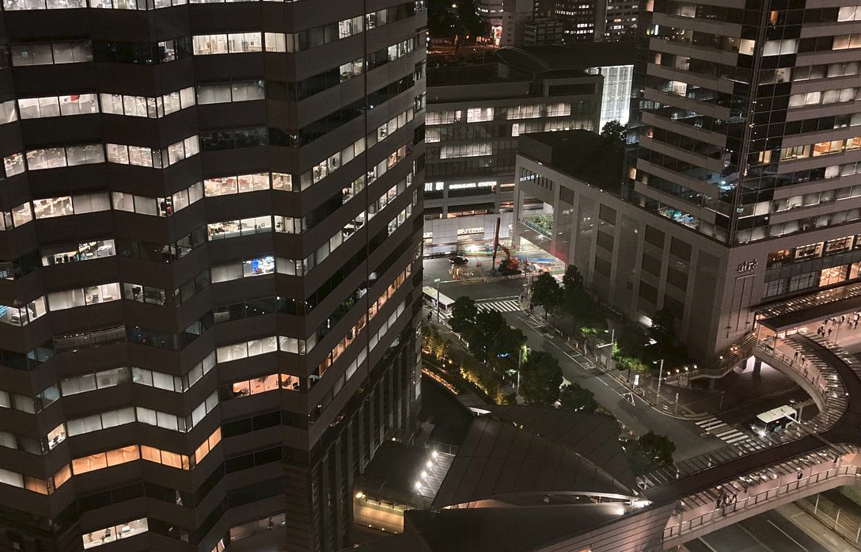
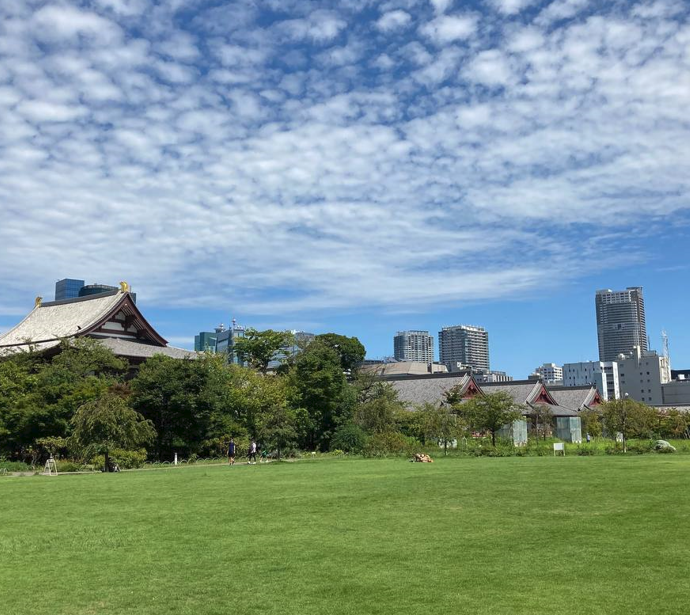
![]() Tokio
Tokio 










